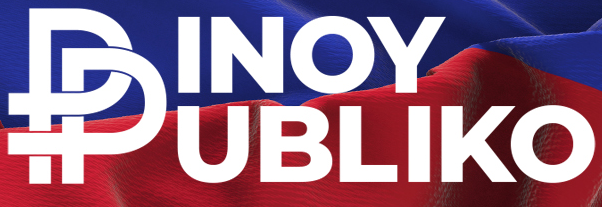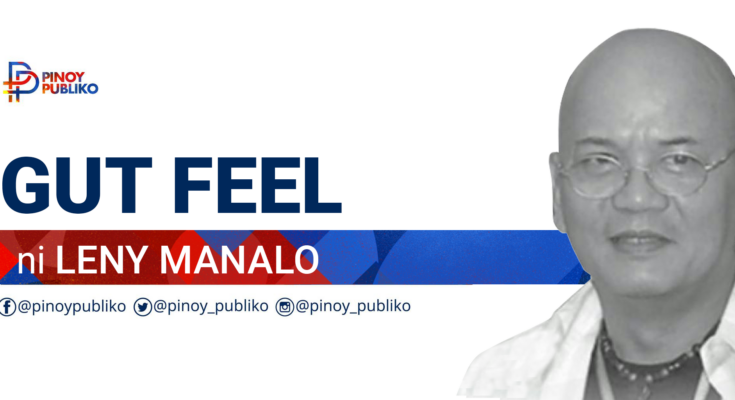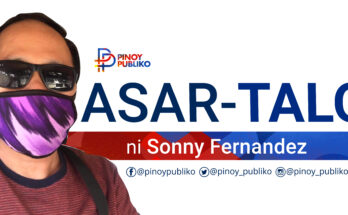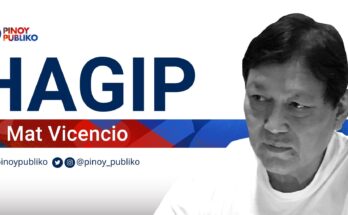USING the circumstance of death for political purposes has been my understanding of necropolitics.
The first time I encountered the word in conversations was when I was in a huddle with colleagues in the business of election management. Someone mentioned the word as he described how a Metro Manila mayor prepared a daily list of wakes that he visited. That mayor was undefeated.
The word would be mentioned often by detractors of the two Aquinos who became presidents. The death of the husband and then the death of the mother were being mentioned as major contributory to winning the elections.
That might be true but who in local politics is not using the circumstance of death as part of image building?
On the other hand, wasn’t the big ruckus over the burial of former President Marcos in a place reserved for both heroes and non-hero but authorized personalities and named Libingan ng mga Bayani nevertheless, a play to perpetuate an imposed political contradiction that provides the energy to warring political groups?
My just departed kumpadre, Perry, who is a veteran election consultant, would have posted, “Mga ipokrito!”
However, necropolitics is more than politicking as we know it. It is not even our invention as I thought.
I knew that “necro” comes from the Greek root “nekros,” meaning “corpse.”
But what I learned later is that a philosopher named Achille Mbembe described necropolitics as “the capacity to define who matters and who does not, who is disposable and who is not.” That made our usual understanding of necropolitics shallow and parochial.
Just recently I found something written by Namrata Verghese, a JD/Phd student at the Stanford University that explained the framework of necropolitics as defined by Mbembe and how it is relevant in the modern United States particularly during the current pandemic.
She wrote: “Marginalized communities have been disproportionately affected by the pandemic. Black people are far more likely to die from the virus than white people. Indigenous people are dying at a rate more than double that of white people and even that is likely an underestimate. Communities of color have been left behind by the vaccine rollout too.”
She concluded: “These examples reveal that necropolitics does not just operate during a pandemic, but is a constant. It is the force that maintains the social status quo that we all know and live within. Necropolitics is slow violence. It names the long, drawn out state of dying that many marginalized people were condemned to from birth.
“People distanced from the dominant norm are trapped in what Mbembe calls a “death world”: a form of “social existence in which vast populations are subjected to conditions of life conferring upon them the status of living dead.”
Verghese was of course talking about the USA, an advanced capitalist country, that has been continuously exerting effort to dominate both economy and politics in the world as a long-term way of promoting its own interests.
What about us? Will our superficial understanding of necropolitics be a blessing because it nevertheless gives importance to the previous life of the dead no matter how we take advantage of the circumstance of death? Will local politics turn necropolitics into its most dreadful form in this pandemic?
My gut feeling says no despite our propensity for negativity due to politics. We have something in our “diwang Pilipino” that rests firmly on our belief and faith in God that our history as a people demonstrates no matter how some religious leaders speak to us like bigots.
Para sa reaksyon o komento at tanong mag-email sa admin@pinoypubliko.com





